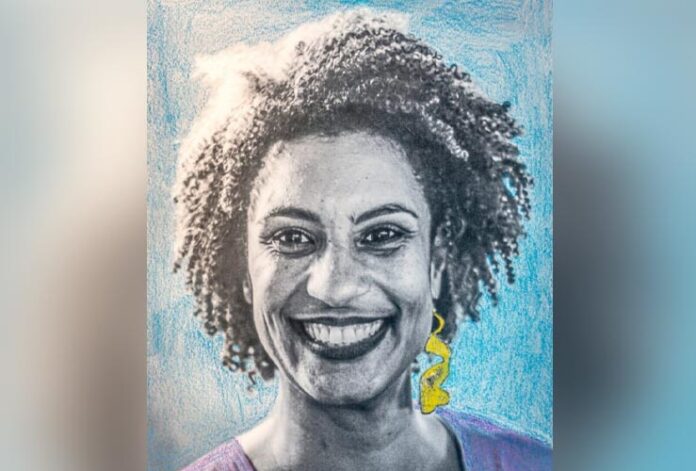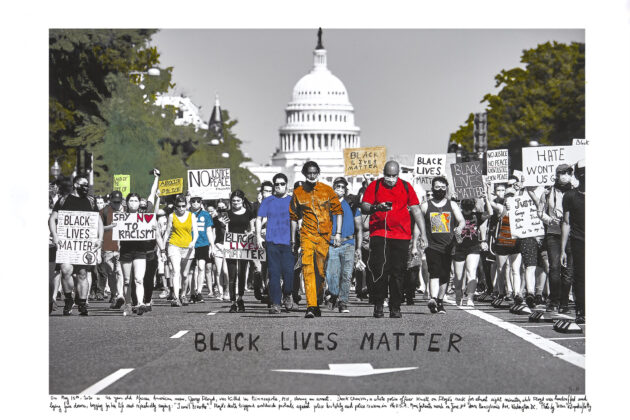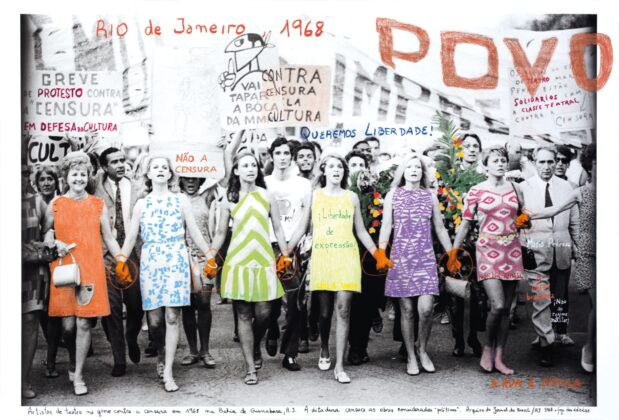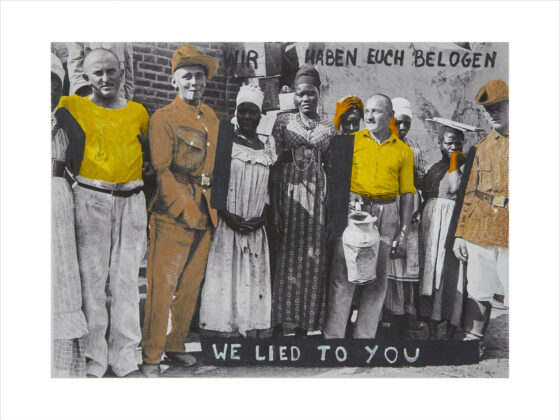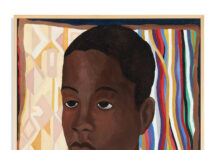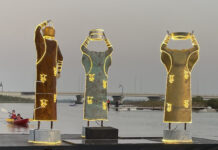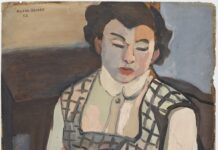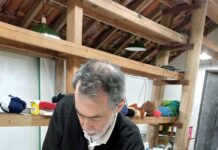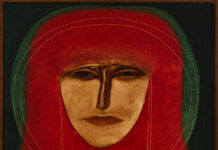En your book, carve the time, the Russian filmmaker Andrei Tarkovsky (1932-1986) reminded us that: “time constitutes a condition for the existence of our 'I'. resembles a kind of culture medium that is destroyed when it is no longer needed, when the links between the individual personality and the conditions of existence are broken”.
The time around us is directly linked to memory. Memory of a time we live, memory that makes us happy and that haunts us. In the case of Marcelo Brodsky, 68 years old, Argentine photographer and human rights activist, memory is a way of pointing out and reminding us of the cruelties of the world: persecutions, injustices, genocides, dictatorships! And the language he chose to preserve this memory was photography. A descendant of Russian Jews who emigrated to Argentina, Brodsky was born in Buenos Aires, in 1954, and started taking photographs in the 1980s, during which time he was exiled in Barcelona due to the military dictatorship in his native country. In Spain, while studying economics and photography, he began a series of photographic records around immigration, a theme present throughout his career. “As a Jewish artist, I need images to express the importance of memory and explore the relationship with the present time,” says Brodsky.
In this way, the photographer, during his career, decided to follow the journeys of exiles, chose to be the voice of those who disappeared at the hands of dictators, suffered or were rejected by Western societies, for their political choices, for racial issues. Their images, their poetic-political narratives can be followed in the Sao Paulo Jewish Museum (MUJ) on display Marcelo Brodsky: Exiles, Debris, Resistances, a retrospective of his career curated by the critic Márcio Seligmann-Silva: “Brodsky’s work is born from his trajectory as a political exile, where stories of violence and destruction intersect that draw a panel of Modernity, being a place of annihilation, but also the stage for struggles, dreams and utopias”, points out the curator about the artist, who works in the zone where art, history, archives and information circuits meet. The revolutionary nature of photography as a record against oblivion is highlighted by the curator in the exhibition text. “Marcelo Brodsky is a photographer artist, in addition to collecting, he intervenes in other photographs, writing, drawing”.
There are 0 historical images, revisited, recontextualized, that traverse the history of dictatorships and their wounds in Latin America, but also point to the genocide in Namibia, at the beginning of the 130th century, and the painful issue of refugees and immigrants in the Mediterranean Sea.
CURATORIAL AXES
To deal with so many issues, the exhibition is organized around three axes: the issue of exiles as the first of them, in series like Migrants – In the Mediterranean e open the bridges, on humanitarian problems and the issue of refugees. On the second axis, Debris, he brings another series, Remains – Debris – AMIA, referring to the terrorist attack suffered by the Asociación Mutual Israelita Argentina in 1994, which left 85 dead. Already in Resistances, the third axis, opens up a new perspective beyond the stories of violence captured by his lenses, such as, for example, interventions in which injustices appear during the dictatorship period in Latin America, gender and racial issues in the United States and in the outside world.
The issue of the murder of Marielle Franco in 2018 could not be missing from the exhibition. The photograph of the councilor, taken by Bernardo Guerreiro, was multiplied in different colors in the style of the series Death and Disasters, by Andy Warhol. Too bad the image of the driver was missing, also murdered along with the councilwoman, Anderson Gomes.
The exhibition, as the curator points out, is “a critical collection of images from the 1859th and 1941st centuries. Or, as the philosopher of memory Henri Bergson (XNUMX-XNUMX) reminded us, “in reality, there is no perception that is not impregnated with memories”.
SERVICE
Marcelo Brodsky: Exiles, Debris, Resistances
Until 5/11
Curator: Márcio Seligmann-Silva
Sao Paulo Jewish Museum - Rua Martinho Prado, 128 - Bela Vista - Sao Paulo-SP)
Hours: Tuesday to Sunday, 10:19 am to 18:30 pm (last admission at 21:XNUMX pm), except Thursday, which opens at noon and closes at XNUMX:XNUMX pm
Tickets: R$ 20 whole; R$10 half. Saturdays: free

